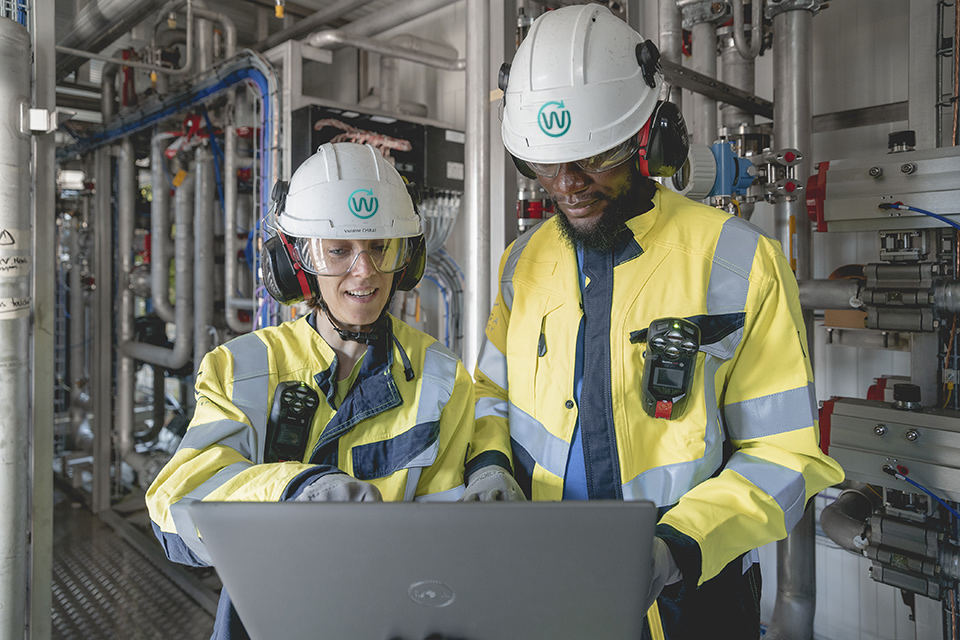

Our first priority is to actively contribute to the energy transition by reducing greenhouse gas emissions and replacing fossil natural gas with a clean, local, and renewable equivalent: renewable natural gas.

Through long-term, trusted partnerships with local authorities and waste management leaders, we are developing a cooperative industrial model that supports a circular economy and creates value for local communities.
Each project, in collaboration with local partners, represents another step toward a sustainable energy mix. By recovering a waste management byproduct, Waga Energy can produce large volumes of renewable natural gas at a long-term competitive price.
We also manage the waste generated by our business activities and work to preserve biodiversity. We achieve a positive result, emitting less than we consume. However, our commitment doesn’t stop there. We aim to continuously enhance our positive impact by rapidly deploying WAGABOX® units around the world and making renewable natural gas accessible to more people. Our approach focuses on control and efficiency while reducing our energy consumption and use of resources as much as possible.
Waga Energy is extending this environmental approach by carrying out a Carbon Footprint Assessment for Scopes 1, 2 and 3, a prerequisite for identifying areas for improvement that can further reduce our carbon footprint.
Our commitment to the energy transition has also been enhanced through an International Sustainability and Carbon Certification (ISCC) process. Meeting this European standard ensures the quality of the biomethane (RNG) produced by our WAGABOX® units, as well as its traceability and compliance with biofuel regulations.